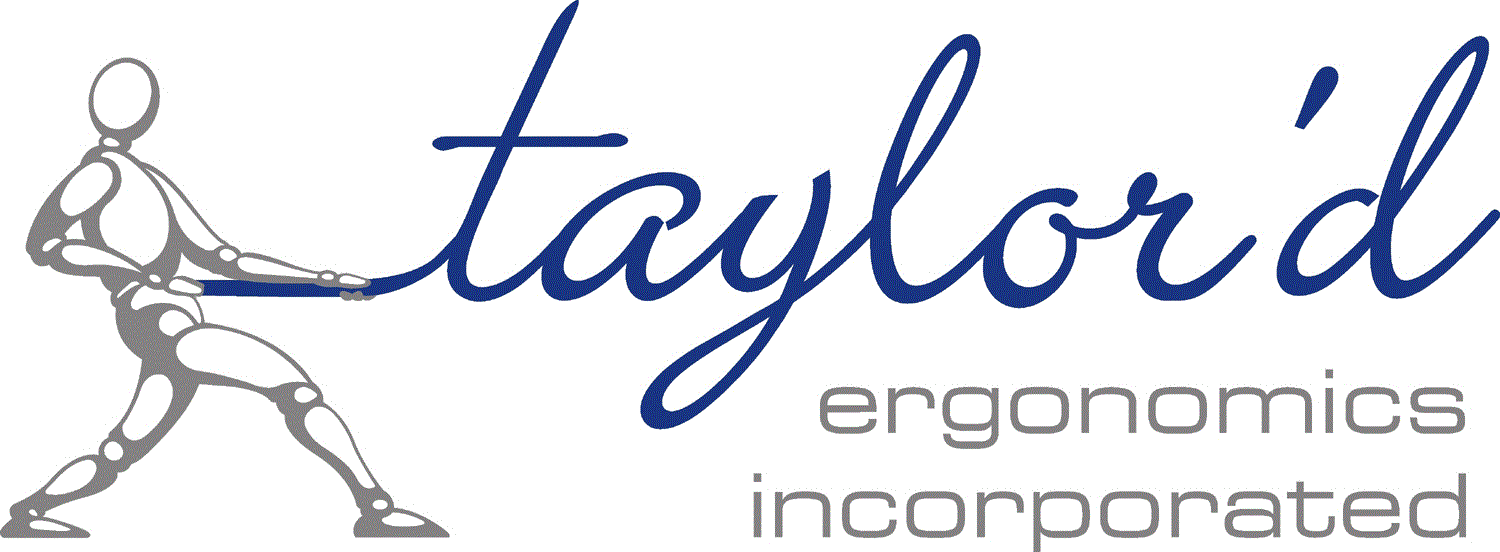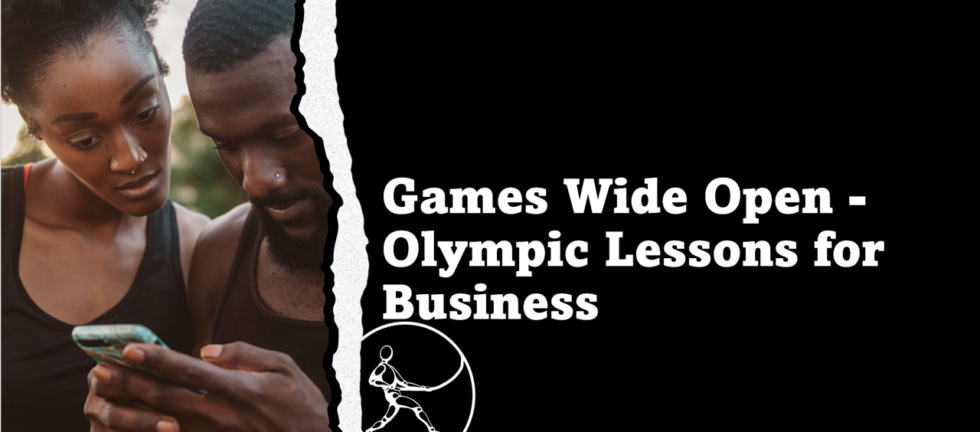I want to explore two questions in this article:
- What was the role of coaches in athletic success, and how does that transfer to the workplace?
- What can we, as typical workers, take away from the games?
Coaching
Athletes often show great promise in their early years; what parent hasn’t watched their toddler run, jump, throw and tumble, and aspired to become an Olympic parent? (Free beer, so the ad says!) Olympic success requires more than natural ability; it requires exceptional coaching too.
Coaches need to:
- Inspire exceptional performance, through encouragement.
- Identify and correct physical and cognitive barriers to performance, based on science and experience.
- Develop and supervise activities that will allow the athlete to perfect their performance, providing feedback along the way.
- Prescribe an appropriate training plan, using a holistic approach (training, rest, nutrition, sleep, etc.)
How do athletic coaching and performance compare with industrial coaching and performance?
- As ergonomists, we work with experienced “industrial athletes” to identify the barriers to successful performance, and to learn about the work practices that optimize performance.
- We use scientific tools (e.g. WorksErgo) to confirm the best work strategies – why one way is easier on the body or produces better quality outcomes. While we can learn a lot about methods that make a job feel easier, we can truly understand and “prove” why using science.
- We create training that will allow industrial athletes to perfect their skill, so they can perform at the highest practical capacity using the least amount of energy. The training is practical, hands-on; you can’t learn how to highjump by reading about it, and you can’t learn to lift a fridge by watching a video. All athletes need to hear about it, see it, practice it, and get feedback. Want to know more? Click here to learn about Ergo Work Strategies. And stay tuned for our micro-learning, coming soon!
- An Olympic athlete wouldn’t advance to the world stage without a coach; it’s globally understood that coaching is fundamentally necessary. Even amateur golfers, runners, and hockey players seek coaching to improve aspects of their game. Yet in the workplace, it’s common to give a worker a demonstration of the job and let them work out the practical methods on their own. In industry, as in sport, good coaching optimizes performance.
What can “Joe and Jane Average” take away from the games?
I was inspired and amused by social media videos demonstrating how “average” adult performance compares with Olympic athlete performance at various events – some brave souls posted mock-event videos and their finish times, which were typically 2-3 times longer than the last-place Olympic finishers.
But the real takeaway from the games for most of us isn’t about exceptional performance, it’s about the joy of being active. It’s about the ability to use our bodies, day in and day out, to accomplish remarkable things. Here are a few things I’ve been pondering:
- Athletes cross-train, and so should we. If our “event” involves bending and lifting, then we should also try a bit of “gymnastics” and stretch the body the other way. If our “event” involves overhead strokes and exceptional mobility, then we might want to strengthen the muscles around the shoulder joint. To that end, our “Move-it” program offers a wide variety of micro-break activities that will encourage very short complimentary movements.
- Athletes compete at all ages. In the skateboarding event, for example, athletes ranged in age from 11 to 51. In industry, workers typically range in age from 18 to 65 (or more). And all are expected to complete the same work. We need to encourage workers of all ages to treat their bodies as athletes do.
- Elite athletes have a lot to share with novice athletes. They’ve figured out the tricks of the trade. And that’s exactly why, when asked to provide training for workers, we seek out the experienced “industrial athletes”, especially those who have recovered from an injury. We work with them to identify the best “ergo” work strategies. If you’re not harvesting work practices from your most experienced employees, you’re missing a big opportunity. (More about this topic here.)
- The 2024 Olympic motto, “Games wide open” fostered a more inclusive event. The logos and emblems are shared between the Olympic and Paralympic events. More sports were included this year, including breakdancing for the first time, and sport climbing, surfing, and skateboarding for their second appearances. “Esports”, or video gaming, were excluded, in a 2018 decision by the IOC. (Why should esports be summer events? Mom-Sigh.) Ergonomists worldwide cheered as Paralympian Kevin Piette carried the torch in an exoskeleton robotic walking device. These types of exoskeleton devices are being integrated into industrial work environments as another tool to assist workers and help reduce the demands placed on them by their jobs.
What was your 2024 “Olympic” takeaway?


